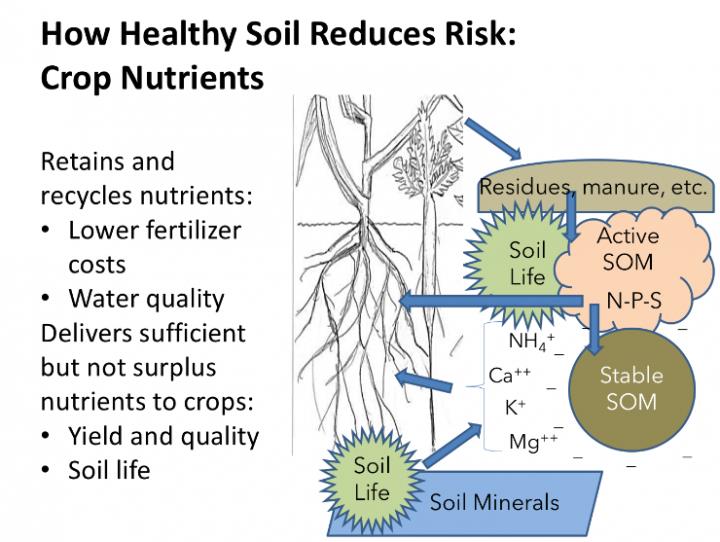
Organic farming practices are a great way to positively impact the environment. They promote biodiversity and help to combat issues like climate change and pollution.
Unlike conventional agriculture, organic farming doesn't use synthetic fertilizers that can be harmful to the environment and cause problems in our water supplies. Instead, it utilises natural fertilisers such as compost and animal manures.
Increased Biodiversity
Organic farming is a system that is based on natural fertilizers and doesn't use pesticides. This type of farming helps to build soils so that they can support healthy plants.
It also helps to increase the overall biodiversity in an area. This can be done by planting more different types of plants.
However, this isn't always possible. Many areas have limited space for planting.
Fortunately, this doesn't have to be the case. If you're able to, try and get your friends involved in the process.
This can help to promote the importance of the environment and encourage them to do something about it. It can also be a great way to show others the benefits of organic farming.
Increasing biodiversity is one of the best things you can do to ensure that your local area stays healthy. You can do this by growing and buying a variety of foods, including local produce. You can also talk about it with your friends to encourage them to do the same.
Reduced Soil Erosion
Organic farmers improve soil health by using crop rotation, tillage, green manures, and weed control without herbicides. The use of these practices results in higher soil organic matter (SOM) and better soil structure, which in turn reduces erosion by water.
The impact of these practices has been evaluated in a variety of studies (Reganold and Wachter 2016, Teasdale et al. 2007).
Soil erosion is a major environmental issue, especially in temperate areas. It can affect the nutrient supply and aggregate stability of soils and can cause surface run-off, which can further exacerbate flooding issues.
Compared to conventional farming systems, organic practices have the potential to reduce soil erosion and flood risk, although there are relatively few studies that directly quantify this effect. For this reason, research into the impact of organic agriculture on erosion is important to evaluate and potentially improve soil erosion control in different farming systems.
Conservation of Water Resources
Water conservation is a major factor in the sustainable growth of organic farms. Farmers use a wide range of practices such as crop rotations, cover crops, minimum tillage and green manure to conserve water and protect soil health.
When farmers are able to conserve more water in the cropping season, it helps reduce the need for more irrigation later on in the year. It also reduces the likelihood of runoff from chemical fertilizers polluting groundwater.
In addition, organic farming practices promote healthy biodiversity on farms and encourage soil resiliency to changing growing conditions. This biodiversity helps prevent the development of pests and diseases, which can impact the crop yield and profitability.
Cleaner Air
Organic farming practices support the environment by reducing pollution from pesticides and synthetic fertilisers. These chemicals are a source of greenhouse gases such as carbon dioxide and nitrous oxide.
Non-organic agricultural systems use fertilizers that contain a high concentration of nitrogen, which can be a major pollutant when run off into rivers, lakes and natural environments. Healthy soils also protect underground water supplies from pollutants, by neutralising or filtering them out before they reach the surface.
Organic farmers do not rely on harsh chemicals to control pests and diseases, and they instead utilise natural methods like cover crops and composting. This method of farming can help reduce the environmental impact of agriculture and support rural economies.
Frequently Asked Questions
Why is organic food important
Our health is dependent on organic produce. It's the best way to ensure we eat nutritious foods. Not only is it better for us, but it's also more environmentally friendly because it doesn't rely on pesticides and fertilizers.
Organic farming uses natural methods to grow crops without harmful chemicals. This makes organic farming safer for both humans and animals. Organic food is a way to help the environment and protect yourself.
However, organic food is good for our health. We are all well aware of how harmful processed food can make our bodies feel. You might not know this, but organic fruits and vegetables don't have to be treated with chemicals. It means that organic fruits and vegetables taste better, last longer, and are brighter.
This is why organic food is so important. It's healthy for you and the planet.
What is an organic food manufacturer?
Organic food producers create products that are grown without pesticides and chemical fertilizers. These foods include fruits, vegetables and dairy products.
Organic food production is only possible on farms where the crops are grown naturally. This includes soil preparation and pest control as well as crop rotation.
The USDA (United States Department of Agriculture), must set strict criteria for organic agricultural products.
These guidelines help consumers access healthy, safe and nutritious foods.
Organic food offers many health benefits. From lower levels of pesticide residues, heavy metal contamination, to higher nutrient contents and better flavour, organic foods are healthier.
Products certified organic by the USDA must bear the label "USDA Certified Organic" seal.
This certification indicates that the product meets the requirements of the National Organic Program.
Organic food helps us eat healthier and also protects the environment.
Organic farming techniques help preserve natural resources such as water and land. Organic farming also helps to reduce greenhouse gases emissions, which are responsible for climate change.
Organic agriculture uses fewer chemicals and reduces pollution runoff.
Because of this, harmful gases such as ammonia and even nitrates will not build up in the air.
There are many types to organic farming.
Conventional agriculture refers to the use synthetic inputs, such as pesticides/fertilizers.
Regenerative agriculture uses cover crops and green manures to improve soil quality. It also encourages biodiversity.
Agroecology promotes healthy relationships between humans and plants.
Permaculture encourages self sufficiency by designing systems that mirror nature.
What are some things I should look out for when purchasing organic goods?
USDA-certified organic labels are desirable. This certification means that the product is certified organic by USDA. Look for the "USDA Organic" seal on packages, boxes, cartons, cans, and jars.
When buying meat, make sure it is from organically fed cows. Cattle are ruminants. They eat the whole animal. Ruminant cattle have four stomach compartments: rumen, reticulum, omasum, and abomasum. All parts of an animal must be organically fed if the cow is going to be labelled '100% organic.'
Chicken should be only purchased from chickens raised on organic feed, and not given antibiotics. Omnivore chickens eat both animals and plants. Omnivorous chickens possess a digestive tract made up of a crop.
Buy dairy products that are 100% organically produced. Just like ruminants, dairy cows also have four stomachs. The fourth stomach compartment--the cow's udder--is where milk is produced.
If you are buying other types of livestock, make sure to check the label to determine the percentage of their diet. One example is pork that may be labeled '95% Organic'. This means that 95 percent came from organic sources.
Which organic products are most in demand?
The fastest-growing industry is organic food. Even though we have come a long ways from our roots there is still plenty of room for growth.
Organic products are the future. Organic products are safer, more sustainable, and cheaper for consumers.
However, they are also more expensive. This is why we created the Organic Food Index. We wanted to find out which foods are most popular with shoppers today, and whether these trends are changing.
The results show that organic food is becoming increasingly popular. Between 2011 and 2012, the number of Americans who shop for organic food increased by almost 50%.
The USDA reported that organic production rose by 10% in the last year. 9% now comes from organic foods in the United States.
Although organic food is gaining popularity, it appears that consumers still have to pay a premium for it. The average retail price for organic food is almost twice that of conventional foods, according to the Organic Trade Association (OTA).
The organic food sector is growing faster than other segments of the food supply. You'll notice that organic food consumption has increased steadily since 2009.
According to OTA the volume of organic products sold at supermarkets grew by 14% in 2010 and 2011.
This increase is due to consumers' demand for healthier foods. It is why organic food sales are growing across all ages.
However, the younger generation is leading the charge in choosing organic food. Millennials are twice more likely to purchase organic food than baby boomers. The 25% of organic food purchase made by younger adults below 35 are made up of young adults.
Statistics
- To provide the highest quality products and services to every customer, with a dedicated workforce that puts the customer first and takes the extra step to achieve 100% customer satisfaction and loyalty. (hollinsorganic.com)
- According to a study performed by consumerreports.org, organic products, compared to non-organic products, ranged anywhere from 13 percent cheaper to 303 percent more expensive. (en.wikipedia.org)
- Once certified by the USDA, it can fall into one of four categories: "100 percent organic", "organic," "made with organic ingredients," or "made with less than 70 percent organic ingredients. (en.wikipedia.org)
- Brands participating in this challenge are committed to using 100 percent sustainable cotton by 2025.[5] (en.wikipedia.org)
External Links
ota.com
sciencedirect.com
- Organic food and the impact on human nutrition: A comparison of the status-quo and potential research - ScienceDirect
- Technical note: Simultaneous analysis of vitamin and carotenoid content in milk from cows fed total mixed rations. Xanthophyll detection is possible - ScienceDirect
doi.org
- The link between occupational pesticide exposure and cancer risk: A review: Journal of Toxicology and Environmental Health. Part B. Vol 15, No 4.
- Genetically modified foods: safety, risks and public concerns--a review - Journal of Food Science and Technology
ecfr.gov
How To
5 Reasons You Should Buy Organic Products
Organic food is grown without synthetic fertilizers and pesticides. They don't contain any genetically modified organisms or irradiated foods. Their production does not use sewage sludge and industrial solvents. During its growth, the food's natural environment remains unaffected by contamination. It does not contain artificial preservatives or additives. There is no use of antibiotics or hormones. They are also produced in conditions that enable them to preserve their nutritional value, freshness, and quality for longer periods.
- Health benefits. Organic produce contains less chemicals than nonorganic. This means it's less likely to cause allergies and sensitivities. This also means that you are consuming less toxins and carcinogens.
- Eco-friendliness. Organic produce is low in water consumption. Organic farms are typically located far away form areas of high pollution and where conventional growth is difficult because it requires so much effort. This helps to reduce air pollution.
- Sustainability. Organic farming relies on soil fertility, rather than chemical fertilisers. This results in healthier soils and higher levels organic matter. Rotating crops and allowing the soil to rest between harvests improves soil health. Farm animals that eat only grasses, grains and no antibiotics develop strong immune systems.
- Taste. Because they are picked at their peak ripeness and then shipped long distances to supermarkets, conventional fruits and vegetables can often taste bland. Organic produce is more rich and sweetened because it was harvested when it was still unripe.
- Nutrition. GMOs, BPA, and other harmful chemicals are often found in conventional processed foods. These harmful substances can be avoided by sticking to whole foods like meat, eggs, fish and nuts as well as seeds, beans, fruits, vegetables, and herbs.
Resources:
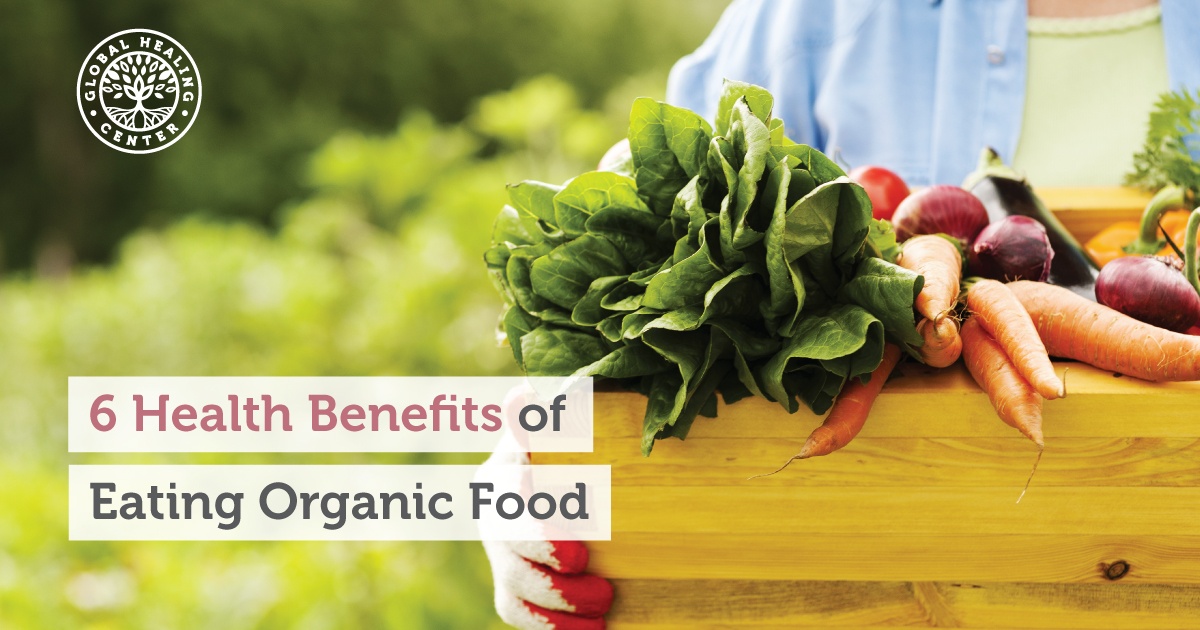 |
Nuts and SeedsNuts and seeds are nutrient-rich crunchy tidbits that add a protein, fiber and healthy fat punch to meals and snacks. They’re also a great source of.. |
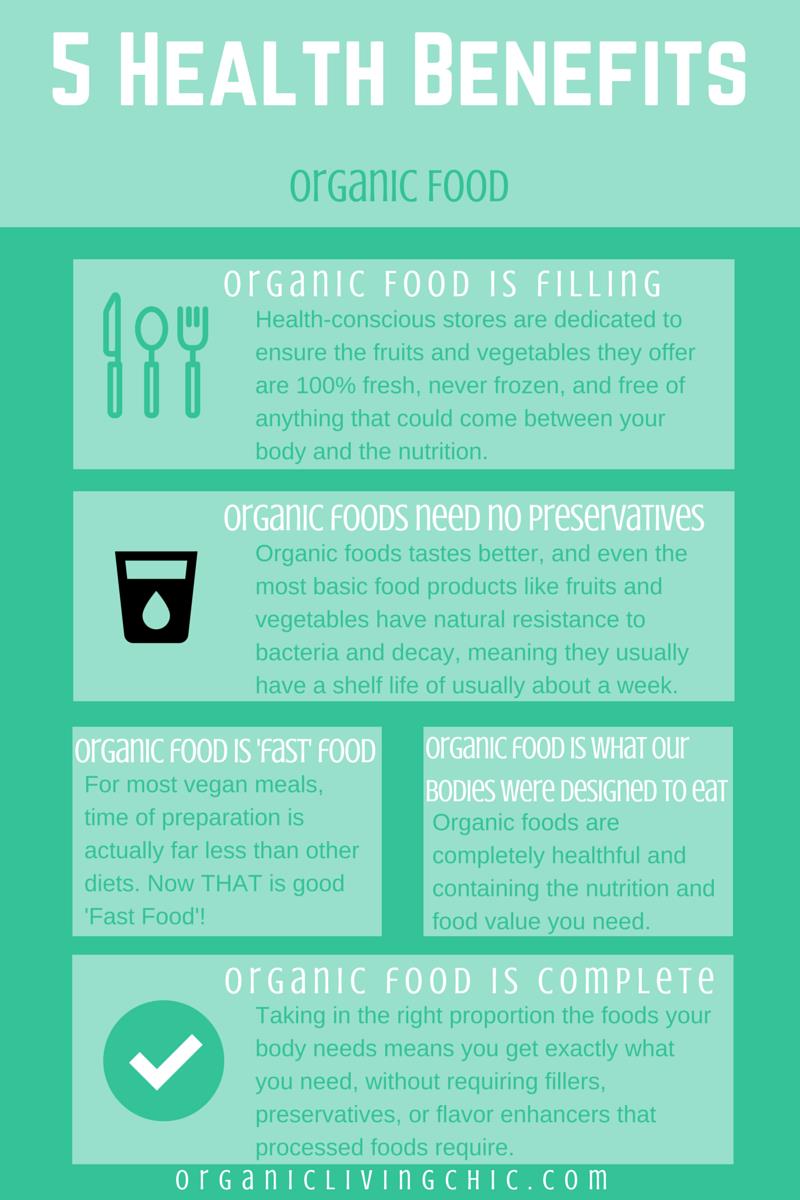 |
Organic Food For A Six Pack? The TRUTH About Organic vs Conventional Foods!Get ripped and keep your strength: http://goo.gl/uLzHn6 Hey guys, it's Clark over at Six Pack Shortcuts and today we're gonna talk about organic vs |
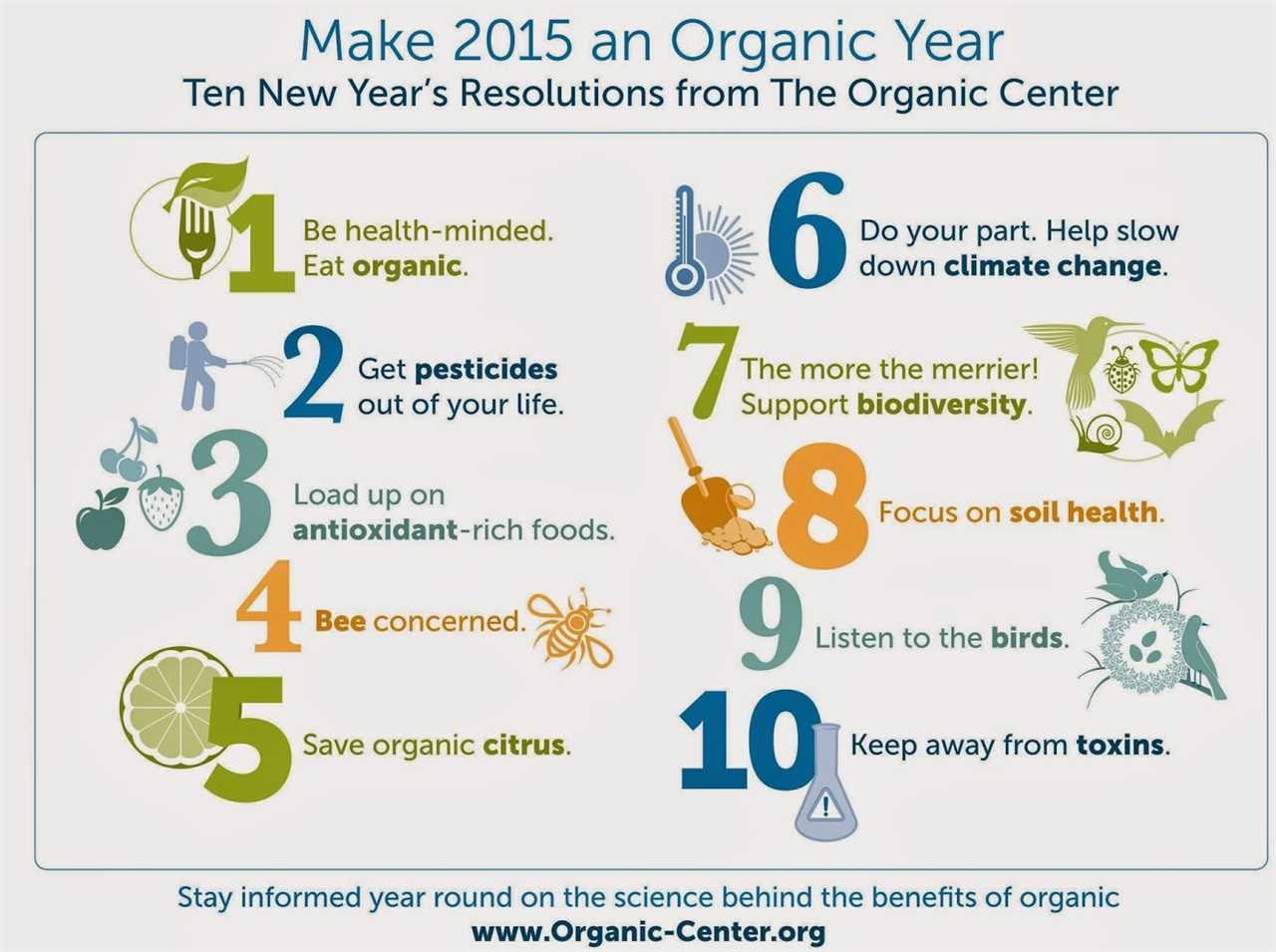 |
Organic vs Conventional Produce - The Dirty Dozen & Clean 15 ExplainedClick https://skl.sh/flavcitywithbobbyparrish to get 2 months of Skillshare for FREE! Here is a full review of the dirty dozen fruits and vegetables and |
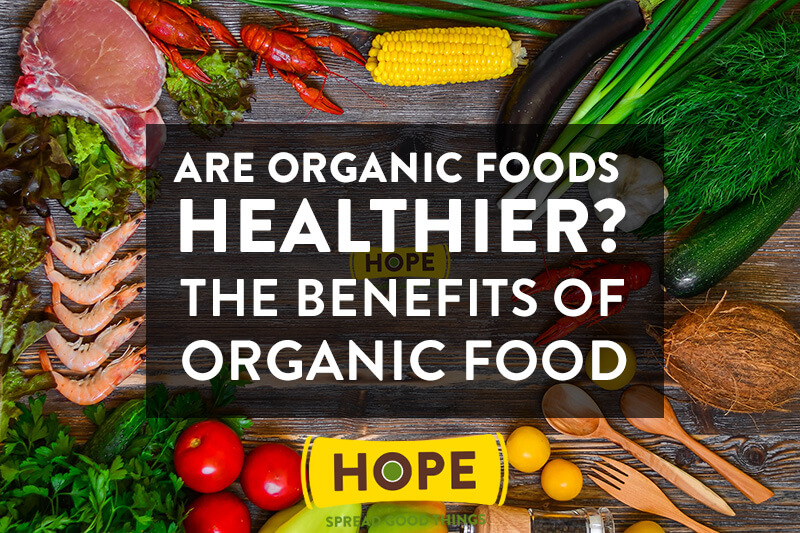 |
Are Organic Foods Really Healthier?It's widely believed that organic foods are more nutritious and safer than non-organic foods, even though the evidence is far from clear. Food certified as |
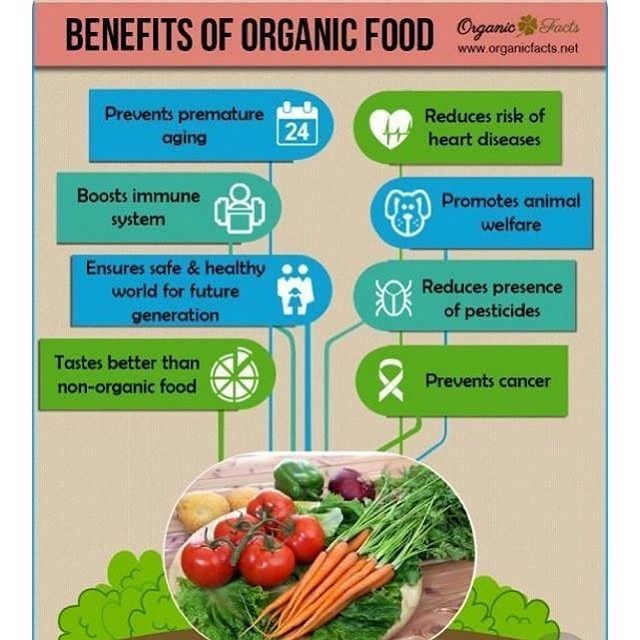 |
Are GMOs Good or Bad? Genetic Engineering & Our FoodAre GMOs bad for your health? Or is this fear unfounded? OUR CHANNELS German Channel: https://kgs.link/youtubeDE Spanish Channel: |
 |
How the food you eat affects your brain - Mia NacamulliView full lesson: http://ed.ted.com/lessons/how-the-food-you-eat-affects-your-brain-mia-nacamulli When it comes to what you bite, che […] |
 |
Is Buying Organic Food Worth The Cost?Subscribe to Goodful: https://bzfd.it/2QApoPk Goodful Goodful Feel better, be better, and do better. Subscribe to Goodful for all your healthy self care |
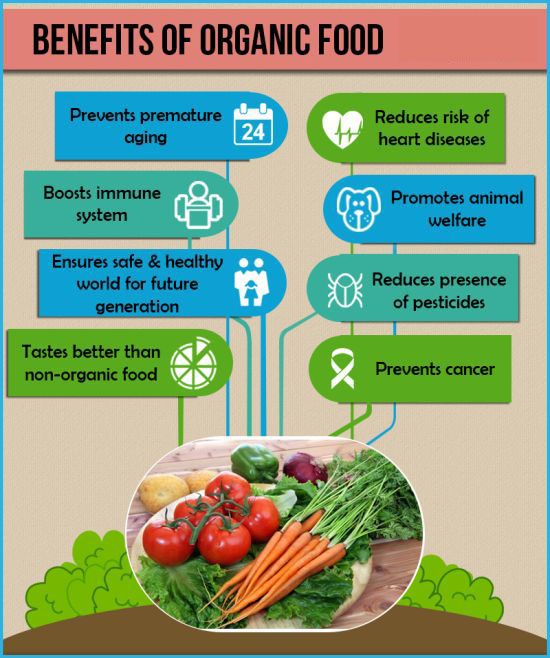 |
Benefits of Choosing Organic Gluten-Free OptionsIf you’ve been diagnosed with gluten sensitivity or celiac disease, you know how hard it can be to avoid foods containing wheat and other grains. But |
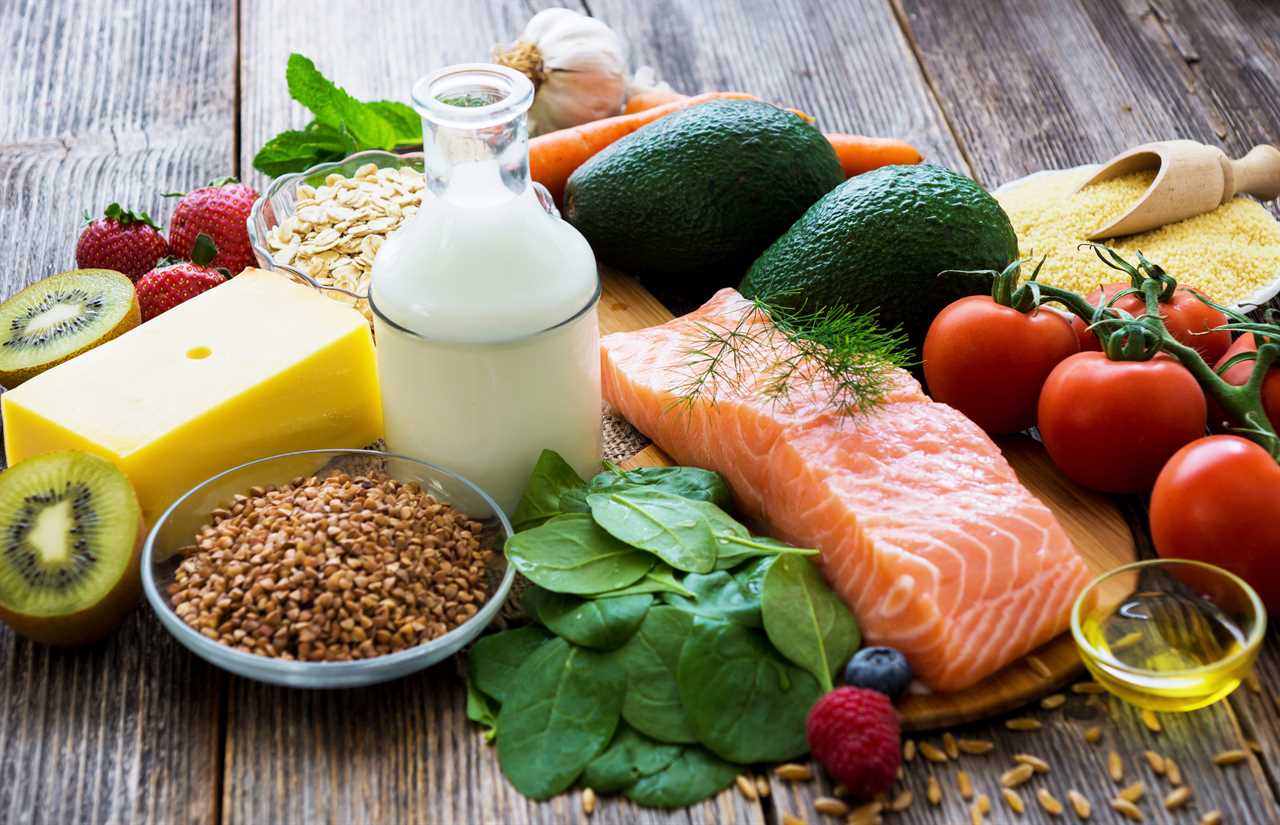 |
Joseph Wang LIVE (Bank Bailouts and Moral Hazards Deep Dive)buy my stuff Come to rebel capitalist live at https://rebelcapitalistlive.com Check out my private, online investment community (Rebel Capitalist Pro) |
 |
Organic Farming and Soil HealthOrganic farming practices promote soil health through crop rotations, symbiotic associations, cover crops and minimum tillage. These management.. |
 |
Research Reveals How Your Body Reacts When You Eat Only Organic FoodsThere is a growing belief that organic foods are healthier for us than non-organic foods. This ever-increasing belief is responsible for significant growth in |
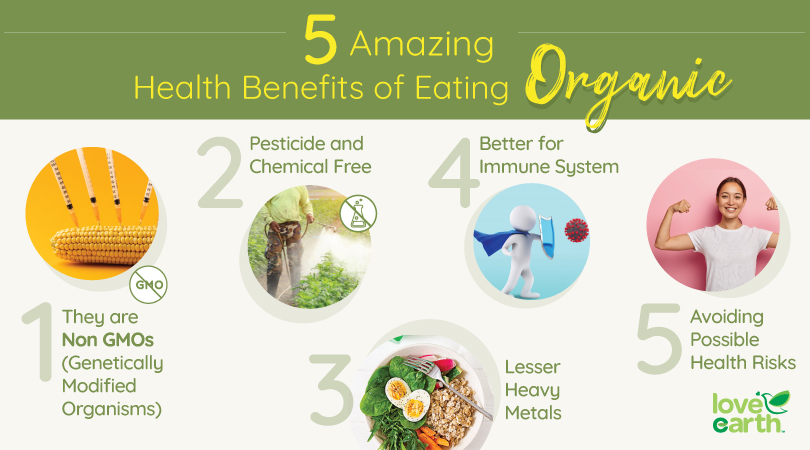 |
Stop Wasting Money on These ORGANIC Veggies (you don’t need to buy them organic)Click Here to Subscribe: http://Bit.ly/ThomasVid Get MY Recommendation on Groceries Delivered to Your Doorstep with Thrive Market: http: […] |
 |
If You Eat an Avocado a Day For a Month, Here''s What Will Happen to YouWhat Will Happen to Your Body If You Eat Avocado Every Day. The avocado is a unique fruit with multiple nutritional and health benefits. How would your body |
 |
Korean GardeningKorean gardening is one of the oldest ways to grow plants. It involves planting herbs, fruits, and vegetables that are used in kimchi, a type of.. |
 |
The Rodale InstituteThe Rodale Institute is a nonprofit organization that aims to support research into organic farming. It was founded in 1947 by J. I. Rodale, an.. |
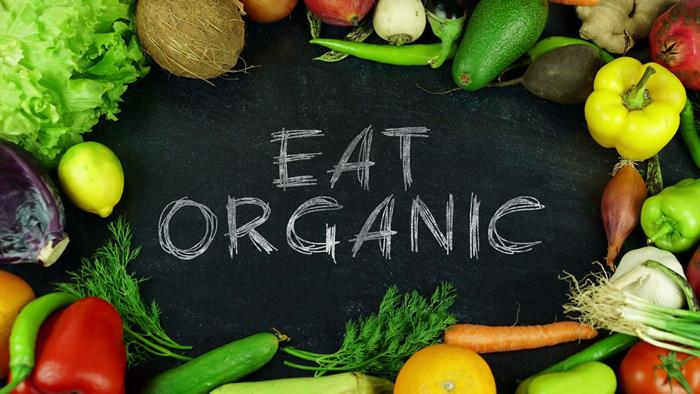 |
Organic eatingOrganic Cultur |
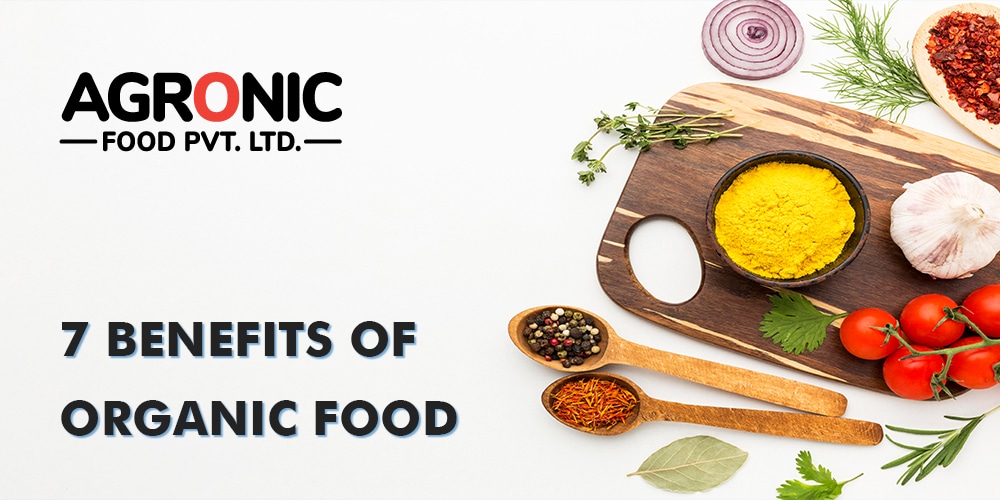 |
What is a Conventional Farm?Conventional farm is the term used to describe a farm that is not organic. It is a form of agriculture that is associated with better soil quality,.. |
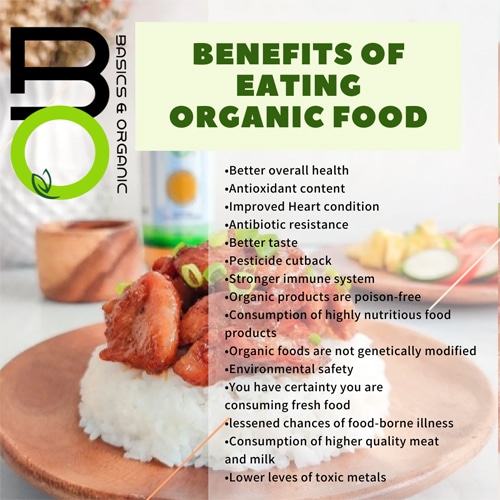 |
Chhattisgarh's Organic Farming SchoolsThe government of Chhattisgarh has started to introduce organic farming schools. This initiative is intended to provide the young generation with the |
 |
Can Organic Be GMO?The question Can organic be GMO is an ongoing debate among many consumers. While it's possible to eat foods that have been produced using genetic.. |
 |
When Did Organic Food Start?The answer to the question when did organic food start? will vary depending on the time period in which you are looking at. For instance, it may be a |
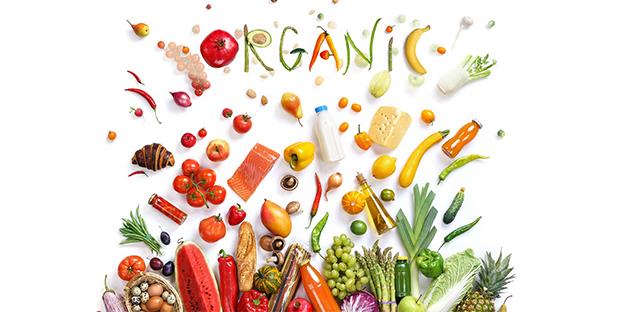 |
Organic Farming PrinciplesOrganic farming is a practice that is designed to be sustainable and healthy. Its principles include avoiding harms produced by industrial farming.. |
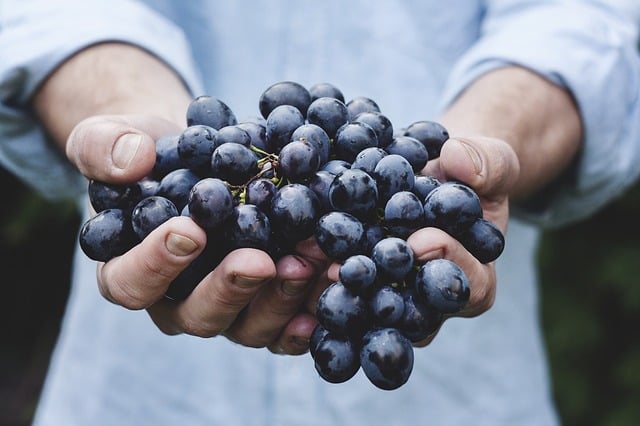 |
Soil Composition and BiodiversityThe soil that we have around us is a vital part of our lives. It is the home for many plants and animals. It also has a texture, a color, and many.. |
 |
The Benefits and Pitfalls of Organic Farming OrganizationsOrganic farming is an approach to farming that is not only ecologically sound, but also financially feasible. It is a method that is free from.. |
 |
Exotic VegetablesWhen it comes to vegetables, there are plenty of choices to choose from. Some of the most popular choices include broccoli, corn, carrots, and.. |
 |
Learn How to Become an Organic Farmer Through a Training ProgramIf you are looking to become an organic farmer, there are several ways you can do so. One option is to take a training program that will teach you.. |
 |
Benefits of Cover CropsIf you aren't familiar with cover crops, you may be surprised to learn that they are plants that are planted to grow on top of the soil to help.. |
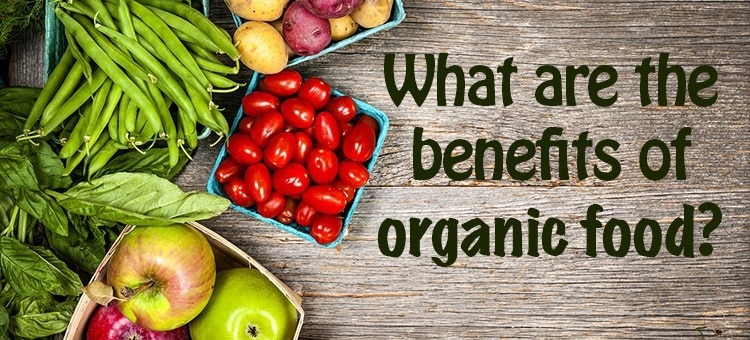 |
What is Organic Cotton?Organic cotton is the type of cotton that is grown without using pesticides or chemicals. It is also the type of cotton that is grown in subtropical.. |
 |
Is Organic Farming Beneficial to Biodiversity?Organic farming is a growing interest in the scientific community, and researchers have been investigating whether the practice is beneficial to.. |
 |
The Benefits of CompostingComposting your waste can be a very effective way of ensuring that your organic material is being broken down to the best of its ability. When.. |
 |
The Difference Between Organic Milk and Regular MilkOrganic milk is a type of milk that comes from livestock that is raised according to organic farming methods. This is a term that is regulated by.. |
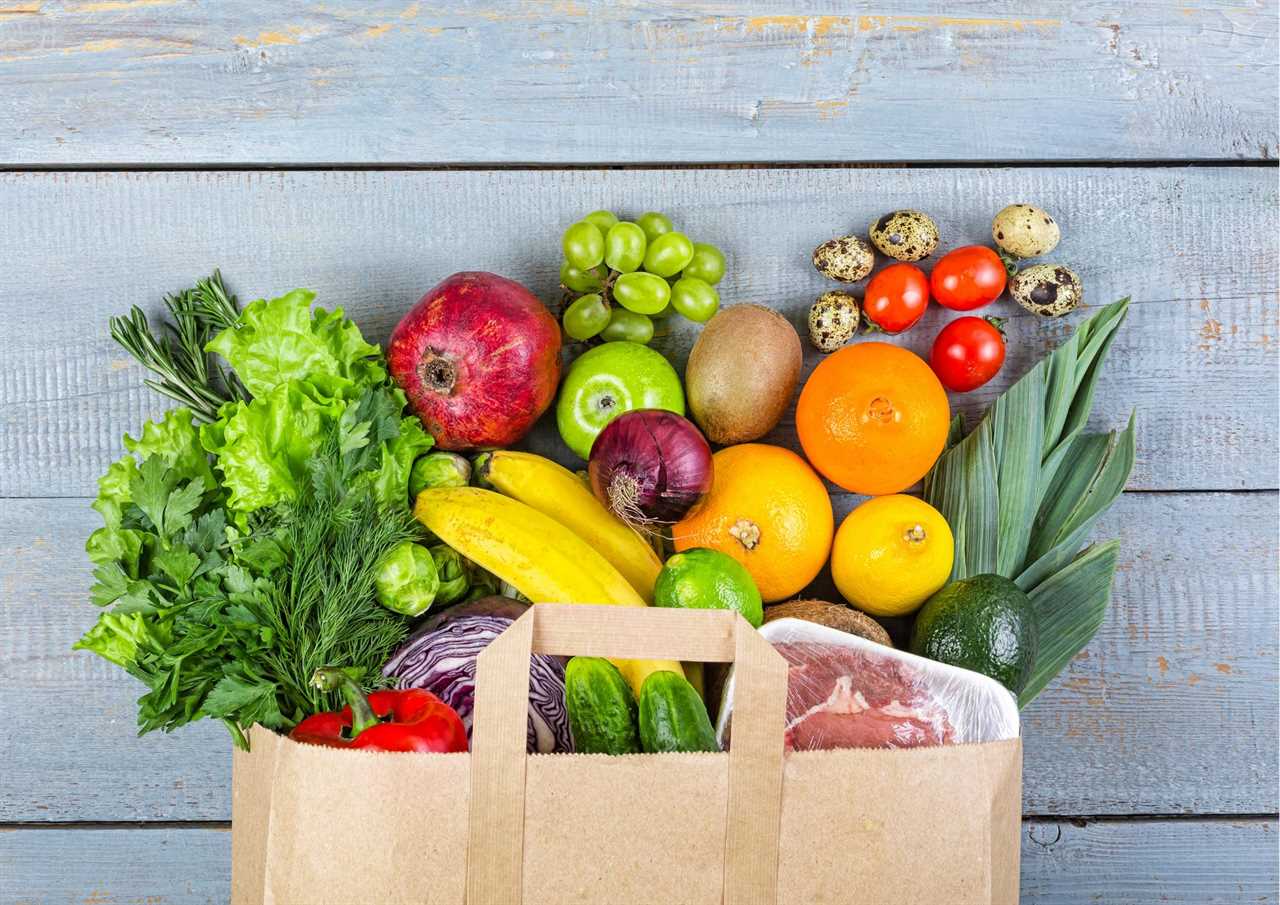 |
Organic Farming MagazineOrganic farming magazine is a resource that provides you with the latest information on organic agriculture, health, and sustainability. It also.. |
 |
The Latest Research on Organic | The Organic CenterResearched articles about eating Organic food |
.png)





